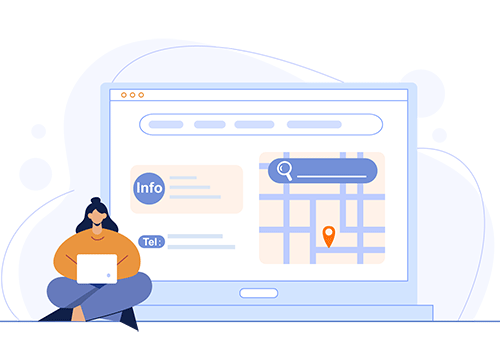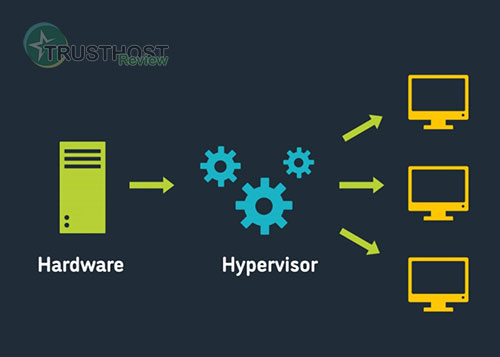Understanding Dedicated Servers
What is a Dedicated Server?
A dedicated server stands as a powerhouse solution, offering unmatched control, performance, and security. Unlike shared hosting, where multiple websites reside on a single server, a dedicated server is exclusively rented to a single client. This means all the server's resources - processing power, RAM, storage, and bandwidth - are entirely dedicated to a single user's needs.
Benefits of Choosing a Dedicated Server
- Unparalleled Performance: With dedicated resources, your website or application experiences blazing-fast loading speeds, handling high traffic and complex operations with ease.
- Enhanced Security: Enjoy a highly secure environment as you are the sole occupant of the server, minimizing the risk of security breaches that can occur in shared environments.
- Root Access and Customization: Dedicated servers provide complete control, allowing you to install custom software, configure server settings, and optimize performance to perfectly suit your specific requirements.
- Increased Reliability and Stability: Eliminate the 'bad neighbor effect' often found in shared hosting. With a dedicated server, your website's performance remains unaffected by other users, ensuring consistent uptime and stability.
When to Consider a Dedicated Server
While a powerful solution, dedicated servers are not a one-size-fits-all. Consider these scenarios where a dedicated server might be the ideal choice:
- High-Traffic Websites: If your website experiences a large volume of traffic, a dedicated server can handle the load without compromising performance.
- E-commerce Platforms: Securely process online transactions and handle sensitive customer data with the enhanced security of a dedicated server.
- Resource-Intensive Applications: For applications demanding significant processing power and memory, such as gaming servers or complex web applications, a dedicated server provides the necessary resources for optimal performance.
- Businesses Requiring Enhanced Security: Organizations handling sensitive data or financial transactions benefit from the robust security features of a dedicated server.
Choosing the Right Dedicated Server
Selecting the right dedicated server involves considering several factors, including:
- Processor and RAM: Opt for a server with sufficient processing power and RAM to handle your workload efficiently.
- Storage: Choose between HDDs or SSDs based on your storage capacity and speed requirements.
- Bandwidth: Ensure sufficient bandwidth to accommodate your website's traffic demands.
- Operating System: Select an operating system that aligns with your technical expertise and application requirements.
- Managed vs. Unmanaged: Determine the level of technical support you require and choose between a managed or unmanaged server accordingly.
By carefully evaluating your needs and understanding the key considerations, you can select a dedicated server that empowers your online presence with unrivaled performance, security, and control.
















